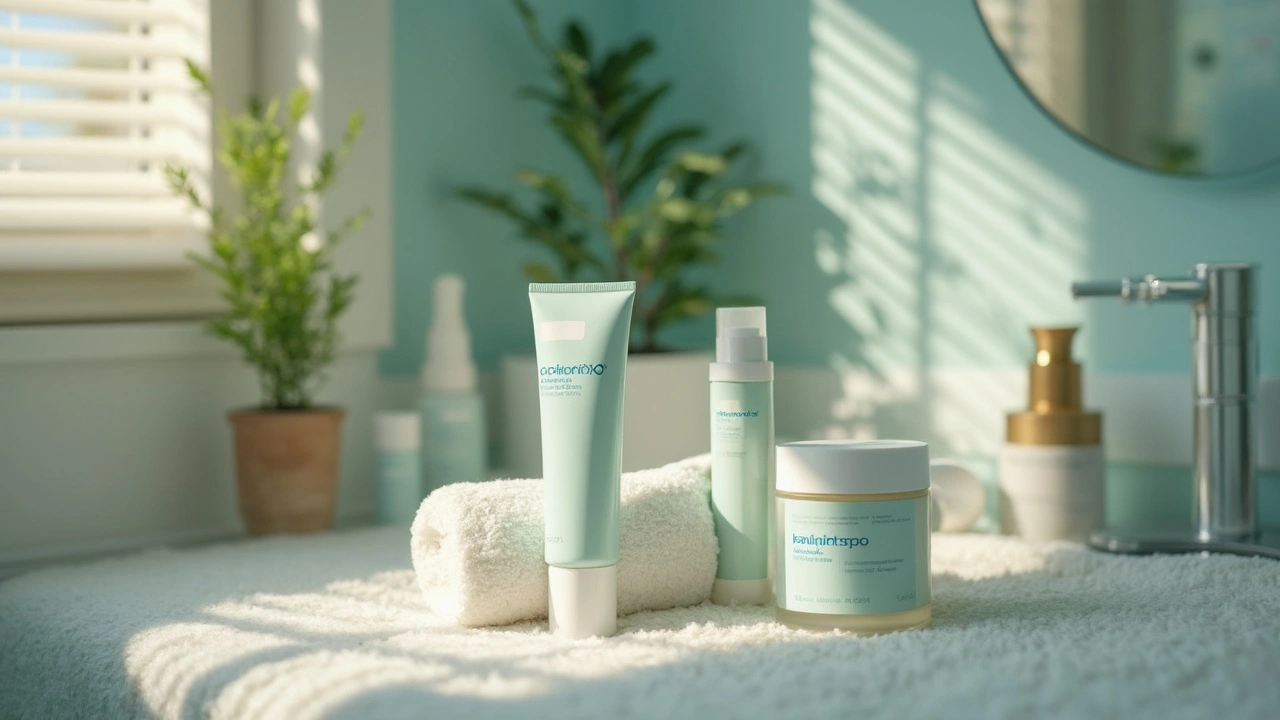Nail Health: What Matters for Strong, Smooth Nails
If your nails split, peel, or break way too often, you’re not alone. Most folks have dealt with weak or brittle nails at some point, and there’s no shortage of advice floating around—from biotin supplements to home remedies. But what actually works, and what can you skip?
Healthy nails aren’t just about looks. Changes in your nails can sometimes point to bigger health issues, such as vitamin deficiencies, thyroid problems, or fungal infections. That’s why paying attention to nail health goes way beyond keeping your hands Instagram-ready.
Let’s get real about what helps. Daily habits matter more than magic potions—think regular moisturizing, gentle filing, and wearing gloves when you do dishes or use harsh chemicals. Nail polish and removers can seriously dry out your nails if you use them all the time, especially those with acetone, so giving your nails a break can make a noticeable difference.
Biotin supplements are popular, but the actual science is hit or miss. If you’re not already low on biotin, popping extra pills probably won’t change much. Instead, eating a balanced diet with enough protein (like eggs, lean meat, dairy, and legumes) makes a real impact—you need protein to build strong, flexible nails.
Ever heard that white spots mean you’re low on calcium? Total myth. Most of the time, those spots come from minor bumps or knocks. If your nails are super brittle or change color/shape suddenly, it might be time to get your blood checked for iron, zinc, or thyroid issues instead.
Fungal infections love damp shoes and sweaty socks. If your nails turn yellow or thick, don’t wait it out—over-the-counter antifungal polish sometimes works for mild cases, but hard-to-beat infections need prescription help. Ignoring the problem just gives the fungus more time to dig in.
If you struggle with nail biting, try bitter-tasting nail polish, stress balls, or keeping your hands busy. Biting upsets the nail bed and brings germs closer to your mouth, so it’s not just about looks.
Salon treatments like gel and acrylic nails look great, but all that buffing and chemical exposure can weaken your natural nails over time. Think of them as an occasional treat, not an everyday thing. Always see clean salons that sterilize tools—one bad manicure is all it takes to pick up a nasty infection.
Looking for supplements? Beyond biotin, some folks try collagen or omega-3s to support nail health, mostly because they help skin and hair. Results are mixed, so if you notice splitting, dry skin, or hair shedding too, a supplement might be worth a shot. Just talk it over with a healthcare pro before adding anything new.
The basics work best: short, smooth nails, regular moisturizing, a protein-rich diet, and avoiding too many harsh chemicals get you most of the way there. If problems stick around or you see strange color/shape changes, bring it up with your doctor—they can spot problems way beyond the nail itself.

Overcoming Fungal Infection Stigma with Ciclopirox
Fungal infections often come with an undeserved stigma, leaving sufferers feeling embarrassed and reluctant to seek help. Ciclopirox, a powerful antifungal treatment, offers an effective solution for managing these infections. By dispelling myths and offering clear, practical advice, individuals can regain comfort and confidence. Explore how this treatment can be part of your journey to healthier skin and nails. This article provides insights, tips, and up-to-date information on using ciclopirox for fungal infections.
